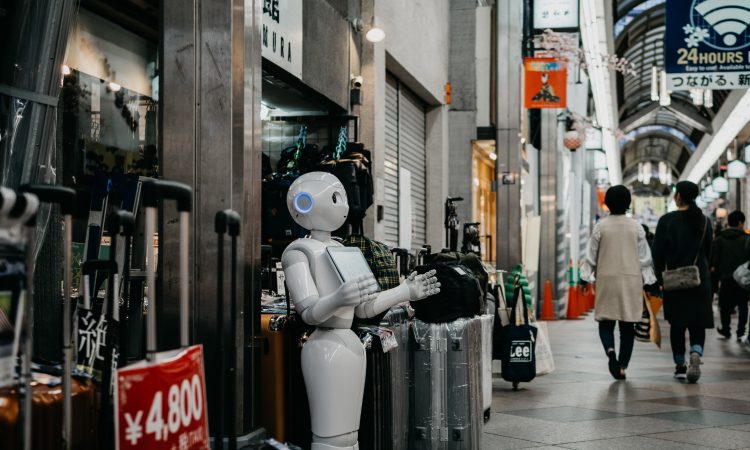We’ve all seen the headlines: Artificial intelligence is taking over and robots are coming for our jobs. So, what does this mean for the future of employment? What can we expect the workforce to look like in the decades ahead?
How we’ll earn money in a future without jobs
Machines that can think, learn and adapt are coming – and that could mean that we humans will end up with significant unemployment. What should we do about it? In a straightforward talk about a controversial idea, futurist Martin Ford makes the case for separating income from traditional work and instituting a universal basic income.
Why jobs of the future won’t feel like work
We’ve all heard that robots are going to take our jobs – but what can we do about it? Innovation expert David Lee says that we should start designing jobs that unlock our hidden talents and passions – the things we spend our weekends doing – to keep us relevant in the age of robotics. “Start asking people what problems they’re inspired to solve and what talents they want to bring to work,” Lee says. “When you invite people to be more, they can amaze us with how much more they can be.”
The jobs we’ll lose to machines – and the ones we won’t
Machine learning isn’t just for simple tasks like assessing credit risk and sorting mail anymore – today, it’s capable of far more complex applications, like grading essays and diagnosing diseases. With these advances comes an uneasy question: Will a robot do your job in the future?
Machine learning makes human morals more important
Machine intelligence is here, and we’re already using it to make subjective decisions. But the complex way AI grows and improves makes it hard to understand and even harder to control. In this cautionary talk, techno-sociologist Zeynep Tufekci explains how intelligent machines can fail in ways that don’t fit human error patterns – and in ways we won’t expect or be prepared for.
Will automation take away all our jobs?
Here’s a paradox you don’t hear much about: despite a century of creating machines to do our work for us, the proportion of adults in the US with a job has consistently gone up for the past 125 years. Why hasn’t human labor become redundant and our skills obsolete? In this talk about the future of work, economist David Autor addresses the question of why there are still so many jobs and comes up with a surprising, hopeful answer.
What will future jobs look like?
Economist Andrew McAfee suggests that, yes, probably, droids will take our jobs – or at least the kinds of jobs we know now. In this far-seeing talk, he thinks through what future jobs might look like, and how to educate coming generations to hold them.
The workforce crisis of 2030
It sounds counterintuitive, but by 2030, many of the world’s largest economies will have more jobs than adult citizens to do those jobs. In this data-filled talk, human resources expert Rainer Strack suggests that countries ought to look across borders for mobile and willing job seekers. But to do that, they need to start by changing the culture in their businesses.
Did we miss something? Leave a comment below or send Editor Lindsay Purchase a note at careerwise@ceric.ca if you have information that can help make our article even better.








